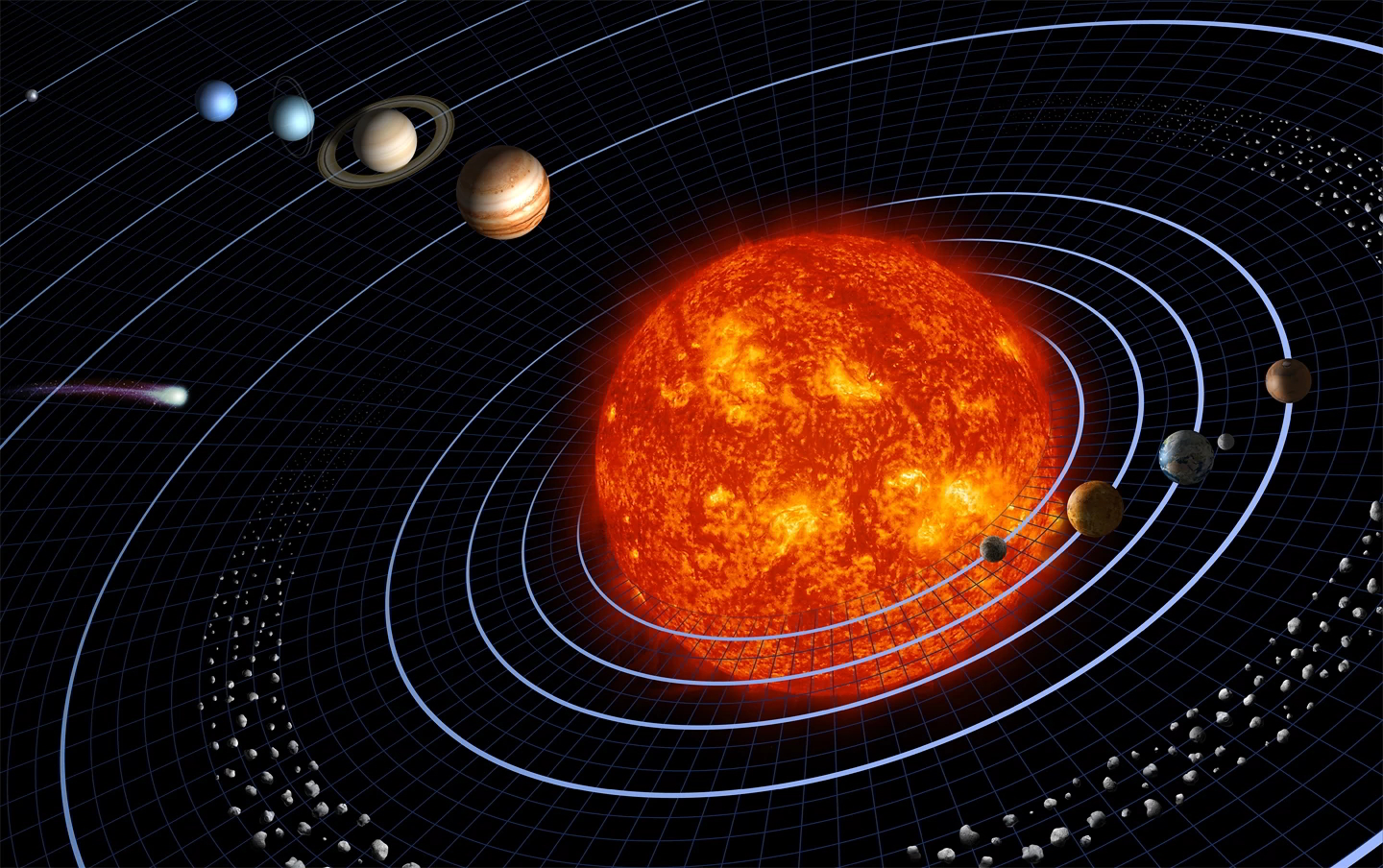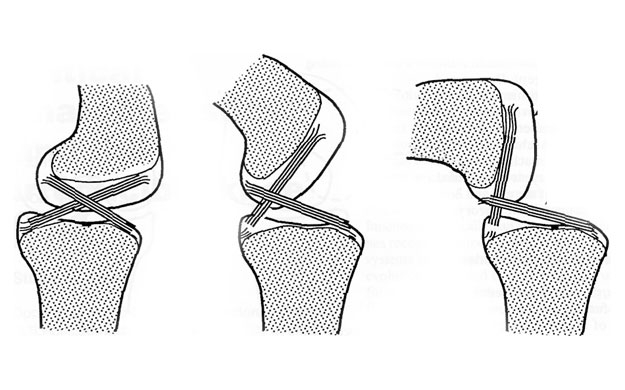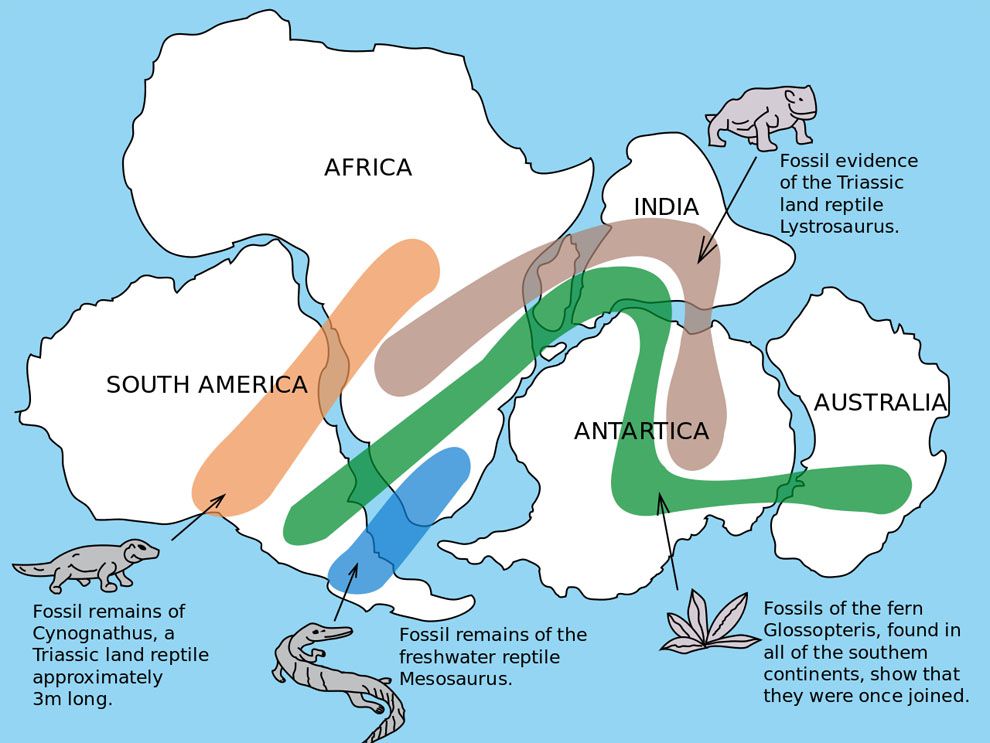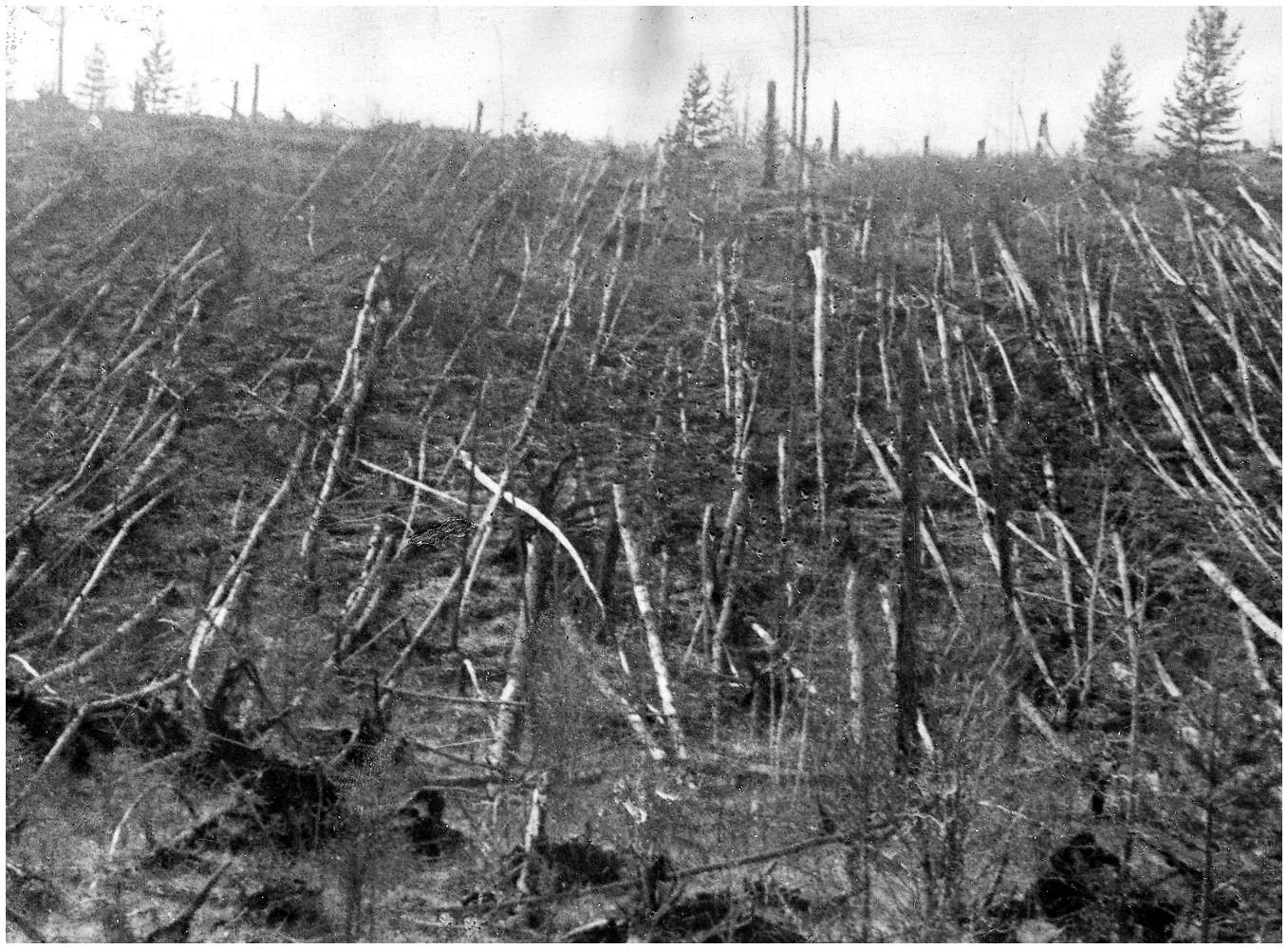How History & Science work

Much of our knowledge of the world around us is derived from science and history. This gallery examines how these disciplines work, their strengths and limitations.
- The facts in science and history are those things which can be confirmed by repeated observation and experiment. They are governed by the physical laws of the universe;
- In science, observation of the facts leads to ideas about them and so hypotheses are formed to explain them;
- In history it is not possible to observe the past. Hypotheses are therefore developed from the surviving evidence. In both science and history hypotheses require rigorous and frequent testing to assure their validity;
- Successful testing of hypotheses leads to the formation of theories which provide building blocks for knowledge;
- Hypotheses and theories in science and history do not constitute proof and may therefore be revised as additional knowledge becomes available;
- Unlike history, science only admits material evidence. Many scientists therefore avoid any interpretation of evidence in terms of aesthetics or the metaphysical.





